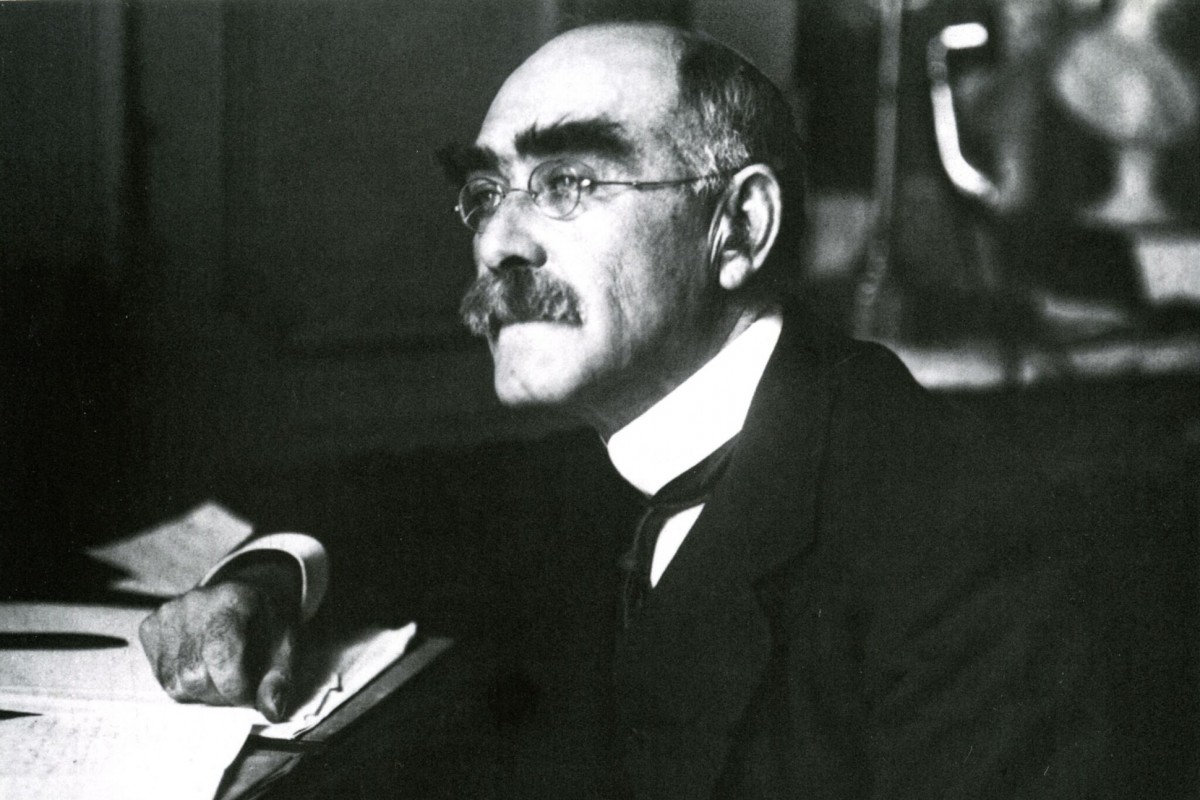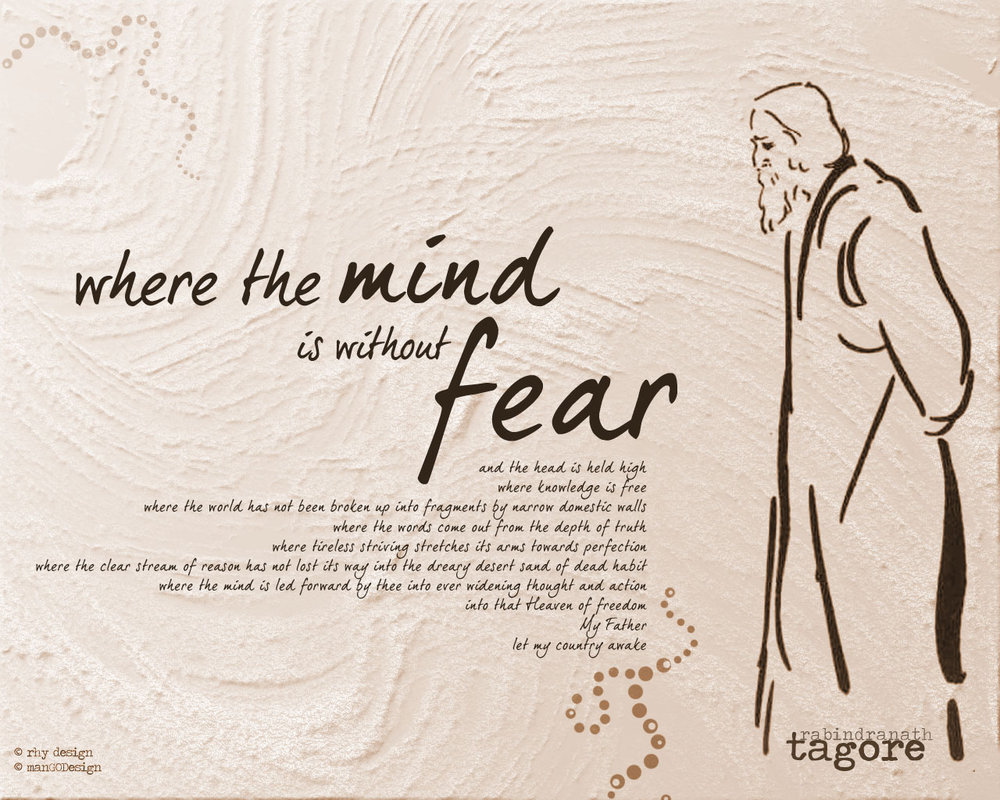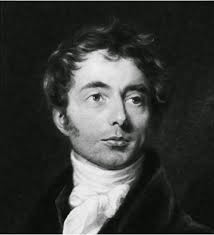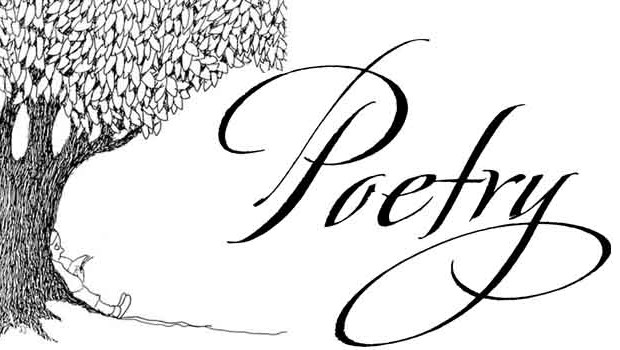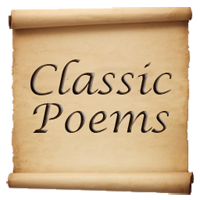If: Critical Analysis
The poem If is a very well-constructed insightful study into the art of living and becoming a perfect human being. It advocates some of the most important virtues and values of life which form the various sub-themes of the poem.
The poem has been very rightfully penned in iambic pentameter by Kipling as this imparts the poem with a sense of balance and order that is in sync with the virtues of meaningful living that the poem prescribes. There is a sense of constancy in the rhyme scheme of the poem, which runs in the fixed pattern of ABABCDCD except for the first stanza, which follows the pattern of ABABCDCD. The meter and rhyme scheme of the poem together impart the form of the poem with a semblance of order which goes well with the moral lessons of rightfulness that are to be gathered from the poem.
The language of the poem is fluid yet intricate wherever necessary. Overall, one can say that the language is moderately ornate without running into the danger of being indiscernible. Kipling does not assume a commonplace style while penning the poem. Instead, the style is lofty, along with being inspiring. The inspiring quality of the poem owes itself to the language and the style, which are out of the ordinary without making the poem too difficult to understand.
The style and the language are simple because the poet clearly wanted to reach out to all sections of society, irrespective of social stature or age.
Last but not least, the poem is deeply inspirational. It tugs at the strings of not just the heart but also the mind because nothing that it says seems irrational despite being difficult to achieve. Even if we cannot prescribe to all that the poem advocates, the readers are unanimous in their understanding that the poem offers the most effective and valuable guidelines to becoming the perfect human beings that we can be in today’s world. There is something in the poem which motivates us to achieve our goals in life and becoming the best that we can be. This is solely because of the sincerity and conviction of the poem, which comes out very transparently in the poem.
If: Annotations
1st Stanza:
Keep your head: Keep a calm and composed state of mind
Losing theirs: Theirs here refers to heads. Losing one’s head means losing one’s calm and composure.
Make allowance: accommodate, consider
Don’t give way to hating: Not allowing oneself to feel hatred
2nd Stanza:
Make dreams your master: Allow your dreams, i.e., your wants and desires from life.
Impostors: A person who pretends to be someone else in order to deceive others
Knaves: Dishonest men
3rd Stanza:
Pitch and toss: A game based on luck in which you have equal chances of winning or losing
Sinew: That tissue of the body which unites the muscle and the bone
Serve your own: Work for you or in your favor
4th Stanza:
Keep your virtue: Keep your good qualities intact
Common touch: Common touch here implies modesty and a down to earth attitude
Men count with you: Men give you respect and regard
Unforgiving minute: If you waste time, it never forgives you.
If: Poetic Devices
1st Stanza:
If you can keep your head: This is an instance of synecdoche. In synecdoche, one thing is replaced by another intimately associated with it. Here the abstractions, calm of mind, and composure have been replaced by the closely related head, which is concrete.
When all men…: Here ‘men’ again is an instance of synecdoche. It is the kind of synecdoche where the part is used for the whole. ‘Men’ here actually denotes all of humanity.
2nd Stanza:
Not make dreams your master: This is an instance of personification. In this particular poetic device, nature or any inanimate object or abstraction is invested with human attributes. Here, the dream is given the human attribute of being someone’s master.
If you can meet with Triumph and Disaster/ And treat those two impostors just the same: This again is an instance of personification. Abstractions such as Triumph and Disaster have been given human attributes by being referred to as impostors.
Hear the truth you’ve spoken twisted by knaves: This is an instance of extended metaphor in which an implied far-fetched comparison is made between two dissimilar things. Here, the comparison is being made between truth and a flexible object that can be twisted.
Worn-out tools: Worn-out tools here is a metaphor for the human potential for creation which has become weak and exhausted after facing a massive failure on the path of creating something meaningful.
Or watch the things you gave your life to. This is a slight instance of hyperbole. When the poet is saying things that a person has given one’s life to, what he actually means is projects or plans that have consumed a lot of effort, time, and even money on the part of the person executing them.
3rd Stanza:
If you can make one heap of all your winnings/And risk it all on one turn of pitch-and-toss: The first line is an instance of the poetic device of vision in which an imaginary picture is penned by the poet. Here, we see the image of a man stacking all his life’s achievements in a heap. In the second line, the act of trying to become successful in life has been compared to a gambling game. These two lines are together an instance of the poetic device of periphrasis in which a simple statement is expressed in a round-about way for beauty’s sake. Through these elaborate lines, the poet is simply trying to say that one can only get successful by taking risks.
If you can force your heart and nerve and sinew/To serve your turn long after they are gone: Heart, nerve, and sinew are metaphors for human potential and caliber. They have also been personified by being given the human attributes of serving someone.
Except for the Will, which says to them: “Hold on: Will has been personified here as it has been shown by the poet as performing the human action of saying.
4th Stanza:
Or walk with kings: Here Kings is an instance of synecdoche. The term Kings has been used here to represent people from higher classes.
Unforgiving Minute: This is an instance of personification. The abstraction minute has been invested with the human attribute of being merciless.
Yours is the Earth and everything that’s in it: This is an instance of hyperbole in which an idea is poetically magnified for the sake of beauty and emphasis. By this sentence, what Kipling actually means to say is that a man can achieve his goals in his life if he subscribes to the dictums forwarded by him in the poem.
Apart from the poetic devices discussed, there is also the device of antithesis that has been used in abundance in the poem. In antithesis, contrasted words or ideas are put together for the sake of emphasis. Lines such as If you can dream – and not make dreams your master, If all men count with you, but none too much are a few more are good examples of antithesis. Other than If: Critical Analysis, you can also refer to If: Central Idea and Theme.
Here you can also check out the Detailed Video Playlist of the Poem IF, which contains the Summary, Analysis, and Much More:
Some online learning platforms provide certifications, while others are designed to simply grow your skills in your personal and professional life. Including Masterclass and Coursera, here are our recommendations for the best online learning platforms you can sign up for today.
The 7 Best Online Learning Platforms of 2022
- Best Overall: Coursera
- Best for Niche Topics: Udemy
- Best for Creative Fields: Skillshare
- Best for Celebrity Lessons: MasterClass
- Best for STEM: EdX
- Best for Career Building: Udacity
- Best for Data Learning: Pluralsight
